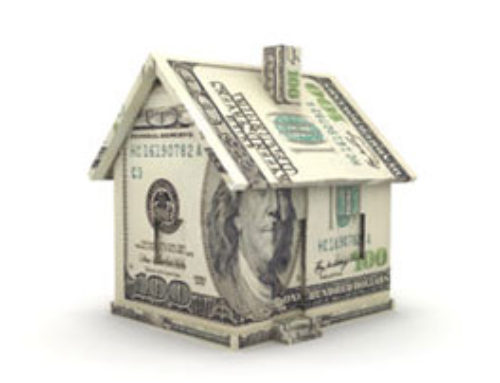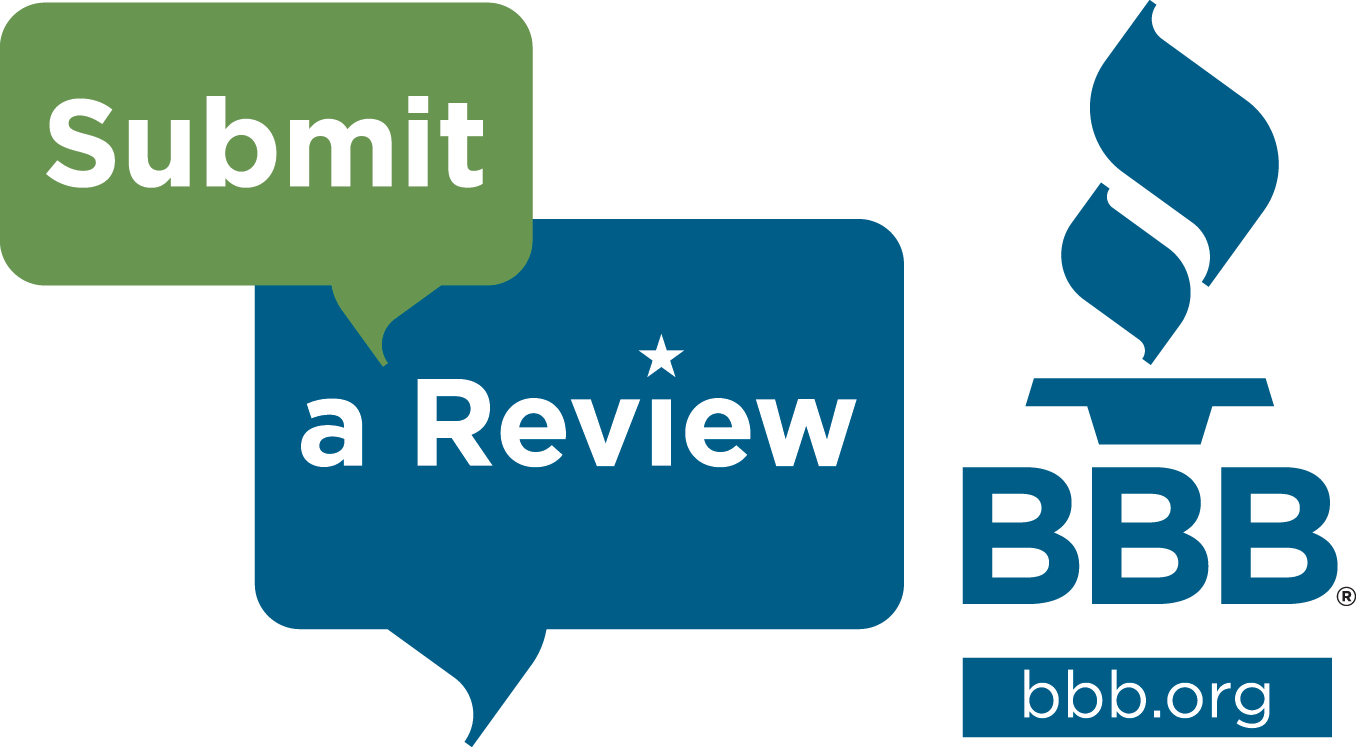One-year plan to buying your first home

If you are thinking about buying your first home within the next year, it’s never too soon to start planning. There are a lot of details that go into buying a home, so it’s important to have a plan in place. Use this one-year plan to buying your first home, to ensure you are on the right path to qualifying for a mortgage.
One Year Out:
Start saving for a down payment
Coming up with a down payment can be the one of the biggest obstacle when buying a home, especially for first-time home buyers. No matter what type of loan you choose, you will likely have to put some amount of money down. Saving up for a down payment can seem like a daunting task, but with the right planning and budgeting you can reach your savings goals faster than you think. Click here for strategies that can help you save for a down payment.
Check your credit report
If you are thinking about buying a home in the near future, it’s a good idea to check your credit report and find out what your credit score is early on. You are entitled to a free credit report once a year from each of the three credit bureaus – Equifax, TransUnion, and Experian, which you can access at www.annualcreditreport.com. Check for mistakes on your credit report. A mistake on your credit report can cost you when trying to secure a home loan. Mistakes do happen, so review your credit report closely to ensure everything is correct and dispute any errors you might find with the appropriate credit bureau.
Work on improving your credit score
If your credit score is lower than you would like, work to improve your score as much as possible before you apply for a loan. One way to improve your score is to regularly make on time payments. This will help add to the positive history on your credit report – the longer you pay your bills on time, the more your score should improve. The amount of debt you owe is another factor that contributes greatly to your overall credit score. The less available credit you use, the better your score. The most effective way to improve your credit rating in this area is to keep your balances as low as possible and pay down high interest debt.
Six Months Out:
Explore mortgage options
Talk to a mortgage professional and make sure you understand all of your mortgage options. There are quite a few different mortgages out there, and a lender can help you determine the best choice for your particular situation. Do some research and make sure you understand the risks and benefits of each option. A little research now could save you a lot of trouble later.
Understand the cost of owning a home
The cost of owning a home goes way beyond your mortgage payment. In addition to your mortgage, you will also have homeowner’s insurance, property taxes, and repair and maintenance costs among other things. It’s easy to get caught up in all of the excitement of buying your first home and overlook some of the associated costs of homeownership. Becoming a homeowner can be more expensive than you think, so do your homework and make sure you are prepared.
Three Months Out:
Get pre-approved
Before you start searching for a home, it’s a good idea to get pre-approved for a mortgage. Getting pre-approved ensures that you can actually qualify for financing. You will have a clear understanding of how much home you can afford so you won’t waste your time looking at houses out of your price range. Being pre-approved also allows you to act quickly when you find the perfect home and can make your offer more appealing to the seller.
Two Months Out:
Find a realtor and start home shopping
Narrow down the neighborhoods you would like to live in, find a good real estate agent, and start shopping for your dream home!













